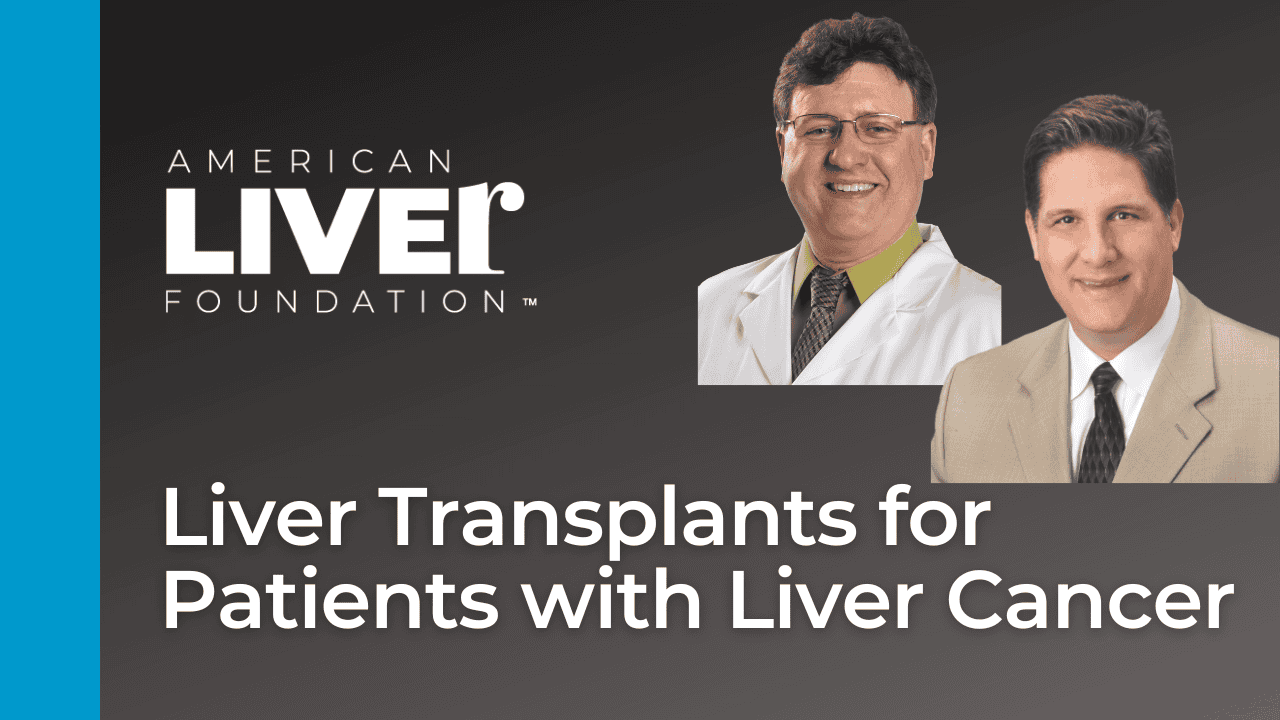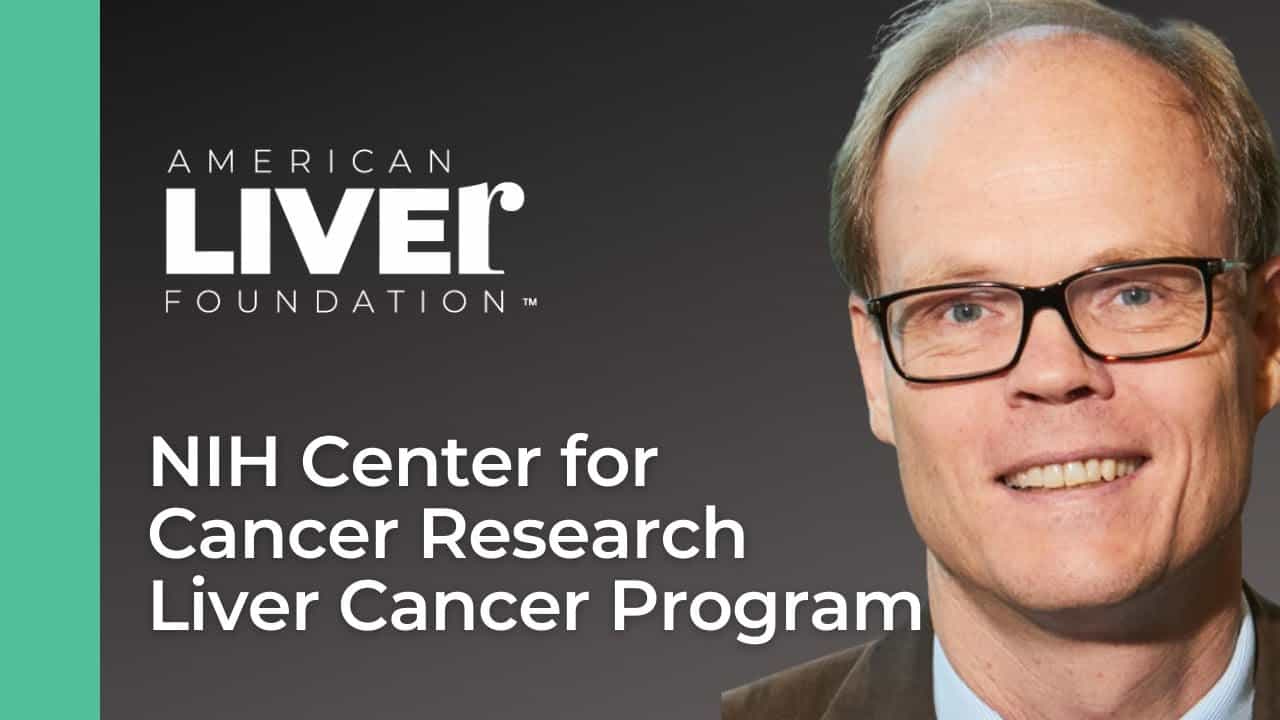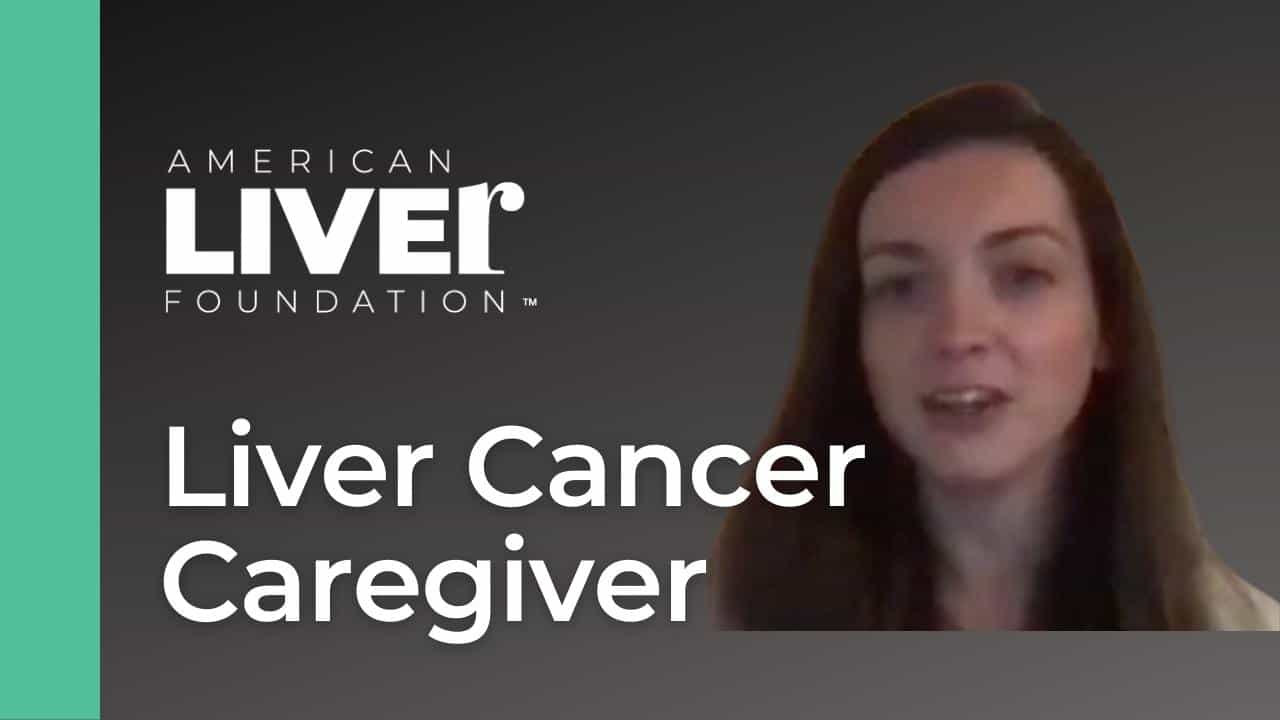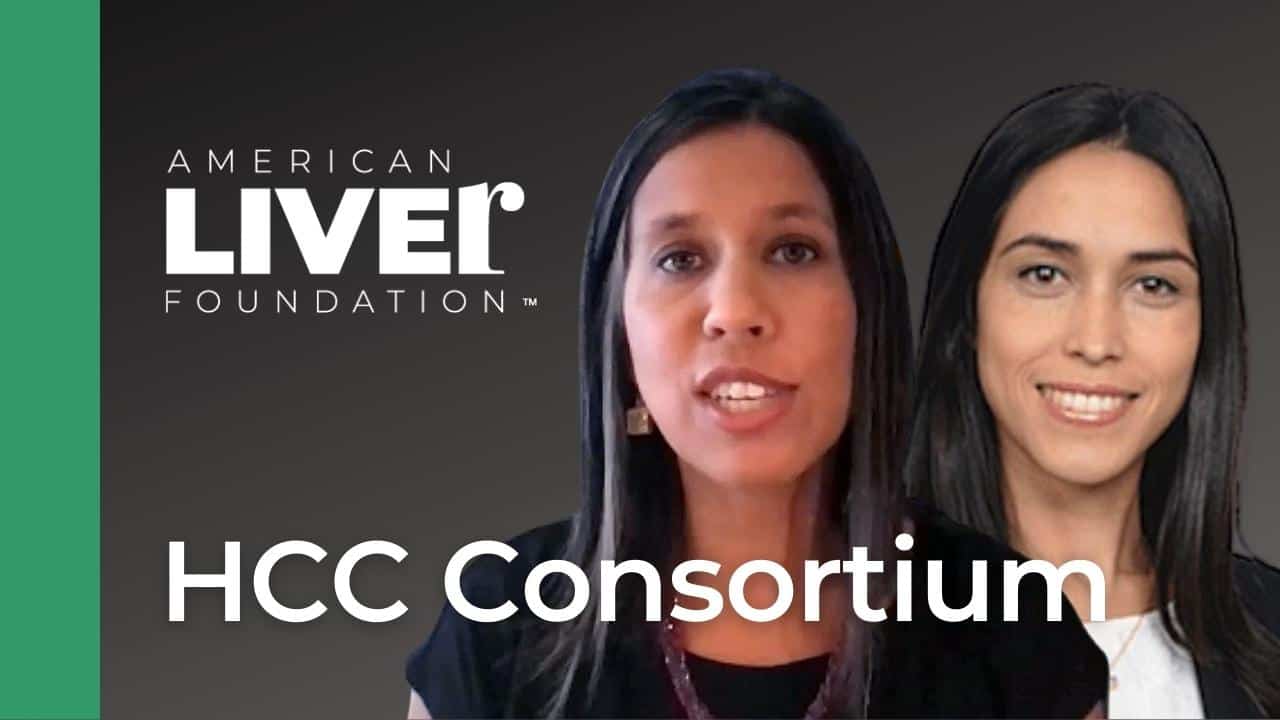Hepatocellular Carcinoma (HCC) and Liver Health for Veterans
Liver cancer, specifically Hepatocellular Carcinoma (HCC), is a significant concern for veterans. Annually, between 2,100 and 2,500 veterans are diagnosed with HCC, which is the most common type of primary liver cancer. This form of cancer often develops in individuals with underlying liver diseases, such as cirrhosis or chronic hepatitis. Given the high prevalence of these conditions among veterans, it's crucial to understand the risks, symptoms, and preventive measures for liver cancer.
What is Hepatocellular Carcinoma (HCC)?
Hepatocellular carcinoma is a primary form of liver cancer that usually develops in the setting of chronic liver disease. Veterans are at a heightened risk for liver diseases such as hepatitis, cirrhosis, and MASLD, which are significant risk factors for developing HCC. Many veterans also have higher rates of alcohol use or have been exposed to specific environmental toxins, further increasing their risk for liver disease and cancer.
Liver disease follows a progression that often leads to cirrhosis or scarring of the liver. Cirrhosis, in particular, increases the likelihood of developing HCC, as it affects the liver’s ability to function and regenerate.
Why Veterans Are at Increased Risk
Veterans are more likely to have conditions that can lead to liver disease, such as chronic hepatitis B and C, exposure to harmful chemicals, obesity, type 2 diabetes, and excessive alcohol consumption.
Among all races, ethnicities, and genders in the U.S., liver cancer is consistently among the top 10 leading causes of death, claiming the lives of approximately 34,000 Americans annually, with veterans representing a significant portion of this statistic.
Risk Factors for Hepatocellular Carcinoma
Several factors increase the likelihood of developing HCC. Cirrhosis, caused by long-term liver damage, is the primary risk factor for liver cancer. Veterans with a history of hepatitis B or C are particularly vulnerable, as these conditions can cause liver scarring over time, often leading to cancer. Alcohol Use Disorder is another leading cause of cirrhosis and liver cancer.
Metabolic dysfunction associated steatotic liver disease (MASLD), previously known as nonalcoholic fatty liver disease or NAFLD, can be linked to obesity, type 2 diabetes, and high cholesterol, also increases the risk of developing HCC. Knowing your FIB-4 score, a test that can be used to determine your risk of liver scarring (fibrosis), can be easily calculated using routine blood work, including your age, liver enzymes and platelet count.
Symptoms of Hepatocellular Carcinoma
Liver cancer often does not present symptoms in its early stages, which is why it’s critical for veterans to stay vigilant about their liver health. As the disease progresses, symptoms may include fatigue, bloating, pain in the upper abdomen, and loss of appetite. Veterans should seek medical attention if they experience unexplained weight loss, weakness, fever, or jaundice (yellowing of the skin or eyes), which may be signs of advanced liver cancer.
Because liver cancer can develop without obvious symptoms, routine screenings for veterans at higher risk—such as those with chronic hepatitis B or cirrhosis—are essential for early detection and more successful treatment outcomes.
Diagnosis and Treatment Options
If liver cancer is suspected, doctors use imaging tests like MRIs, CT scans, and ultrasounds to assess the liver. A liver biopsy may be occasionally required to confirm the diagnosis, where a small tissue sample is taken from the liver and examined for cancerous cells.
Treatment for hepatocellular carcinoma (HCC) involves options such as surgery to remove part of the liver, radiofrequency ablation, liver transplant, embolization procedures to block the tumor's blood supply, radiation therapy, and systemic treatments like oral anti-cancer medications and immunotherapy. Additionally, veterans with HCC should be informed about clinical trials, which may offer access to new treatments not yet available to the general public.
Preventing Hepatocellular Carcinoma
For veterans diagnosed with liver disease or cirrhosis, regular screenings and consultations with a liver specialist (hepatologist) are essential for managing risk. Preventive steps to reduce the risk of liver cancer include managing viral hepatitis through vaccination, antiviral treatment, or regular monitoring. Veterans should also focus on maintaining a healthy weight, controlling diabetes, and avoiding excessive alcohol consumption.
Veterans with cirrhosis should discuss regular screenings for liver cancer with their healthcare providers. Current guidelines recommend screening with imaging and blood test every 6 months for those at high risk for developing hepatocellular carcinoma. Early detection can significantly improve treatment options and survival rates.
The Liver Health for Veterans Information Center is a collaboration with the U.S. Department of Veterans Affairs (VA) and Veterans Health Administration (VHA).
Related Videos
Last updated on January 12th, 2026 at 04:26 pm





